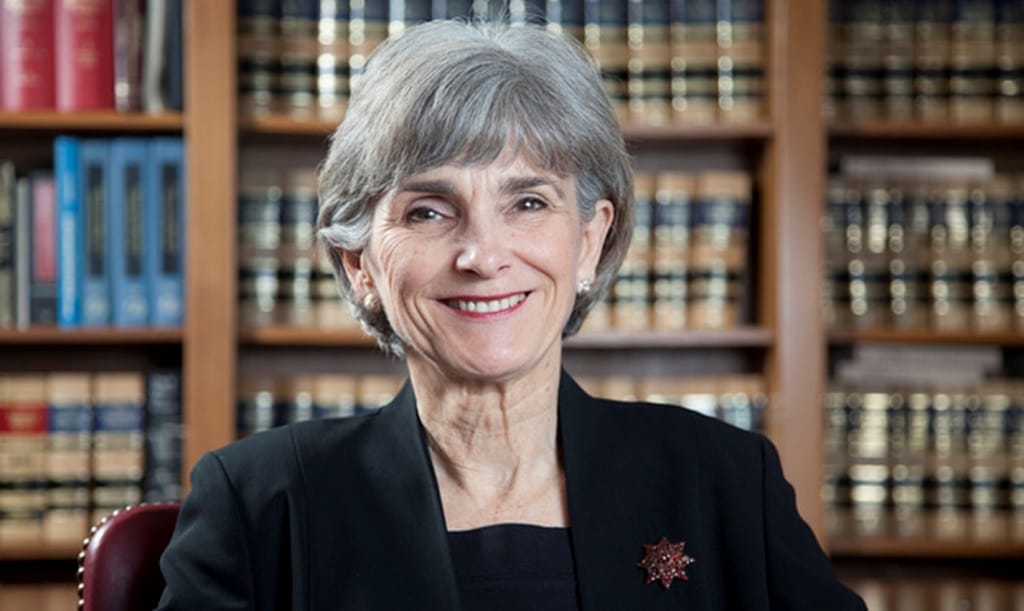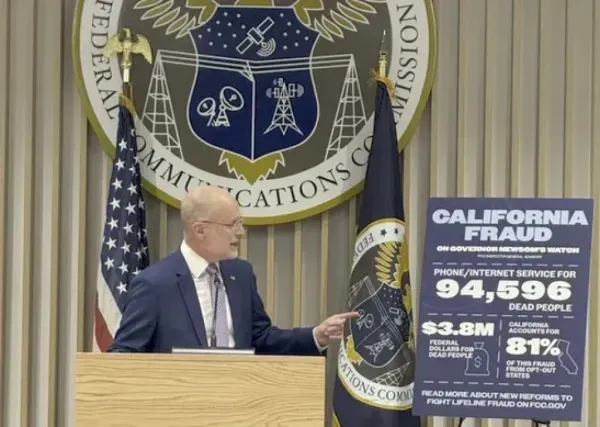T-Mobile Wins on Infrastructure, Lina Khan FTC Nomination, Open Source Collaboration
March 23, 2021 — A federal judge ruled Friday that the San Francisco city leader unlawfully denied T-Mobile permits to upgrade infrastructure during the pandemic. The ruling was made under the 2012 Spectrum Act, which prevents State or local government from denying improvements and upgrades to exist

March 23, 2021 — A federal judge ruled Friday that the San Francisco city leader unlawfully denied T-Mobile permits to upgrade infrastructure during the pandemic.
The ruling was made under the 2012 Spectrum Act, which prevents State or local government from denying improvements and upgrades to existing wireless towers that doesn’t change the physicality of the structures.
The city is barred “from imposing penalties or interfering with any installation,” according to the decision.
Last June, an FCC order clarified its rules on State and local government reviews of modifications to existing wireless infrastructures under the Spectrum Act to speed up 5G deployment across the country.
“T-Mobile indicated that it would suffer harm without injunctive relief if defendants prevent [the company] from making installations or modifications under T-Mobile’s deemed granted applications … Such relief will serve the public’s interest in ‘promoting rapid but reasonable wireless facility deployment,'” Judge Susan Illston wrote in her decision.
Several telephone companies tried to change the city’s existing wireless installations but were denied the city’s approval. T-Mobile challenged this in November, saying that the city failed to take action on 16 related applications.
Despite having submitted 27 applications, T-Mobile officials didn’t act on them for 60 days, making the applications automatic approvals under FCC rules.
Lina Khan Nominated for Biden’s FTC
Lina Khan was nominated for President Biden’s Federal Trade Commission on Monday, an agency that enforces competition laws.
She is the most vocal Big Tech critic on Biden’s growing list of critics, including Tim Wu, named to the National Economic Council earlier this month.
The latest reports indicate the White House may start enforcing more restrictions on technology companies, even though States and federal government entities are already investigating Amazon, Apple, Facebook, and Google on competition concerns.
Democrats and Republicans disagree on whether Section 230 of the Communications Decency Act of 1996, the internet liability provision, is a valuable legal shield for internet platforms.
Khan previously advised a House Judiciary Committee panel that examined three of the top tech companies and determined that they are monopolies that require structural separation. Now, Democratic members are pushing legislation to strengthen antitrust enforcement at the FTC and Department of Justice.
By opposing current U.S. antitrust guidelines, Khan has helped grow a new movement known as hipster antitrust, which opposes the current U.S. antitrust guidelines, which fail to break anticompetitive behavior towards competitors, for example.
“I think if you’re going to be a dominant marketplace, then you perhaps shouldn’t be able to also sell on that marketplace, putting yourself in direct competition with all the merchants that are dependent,” Khan told NPR’s Planet Money in 2019.
The Democratic majority on the FTC would be boosted if Khan becomes a Commissioner, having previously worked as an aide to FTC Commissioner Rohit Chopra and as the head of the New America Foundation’s anti-monopoly spin-off, the Open Markets Institute.
Exaware collaborates with Amdocs for open disaggregated routing solution
Partnering with Amdocs, Exaware today announced a collaboration to design and deploy open-networking routing solutions for fixed and mobile communications service providers.
The partnership enables Amdocs to provide customers with Exaware’s system designed for mobile backhaul, cell site gateway, peering, edge, and core application networks, providing large-scale networks with end-to-end disaggregated routing solutions.
“Our collaboration with Amdocs is a significant step forward for Exaware. Amdocs has experience meeting the increasingly complex needs of global CSPs that require reliable, innovative, and cost-effective open solutions in their network transformation journey,” said Ben Afshari, vice president of sales & business development at Exaware.
The FCC is currently looking at ways to open the market to more open-source solutions for security and cost savings.
“Leveraging Amdocs’s global reach and deep expertise, we can offer reliable and open routing solutions based on ExaNOS, Exaware’s fundamental building block of disaggregated networks,” Afshari said.
“As a TIP system integrator, collaborating with Exaware enhances our ability to efficiently design and deploy open-network routing solutions by allowing customers to select the best hardware and software to meet their needs from a vast open ecosystem of vendors. The open approach enables rapid innovation in network functions and applications, avoids vendor lock-in and drives cost down,” said Parag Shah, customer business executive at Amdocs.








Member discussion